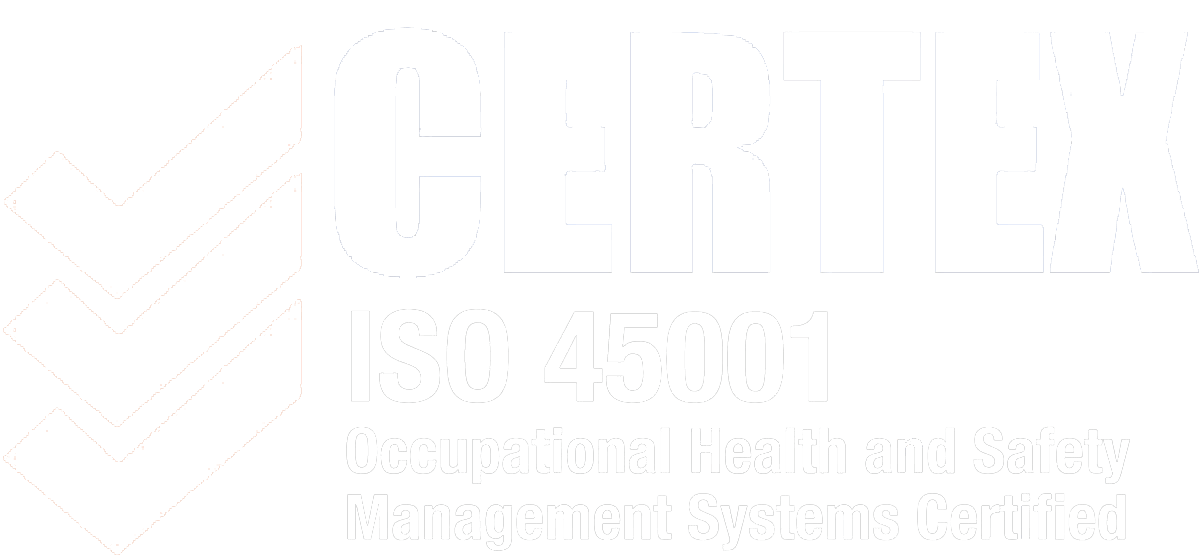Deciding to transition to a new career is a significant milestone, filled with both excitement and uncertainty. In this comprehensive guide, we'll delve into five essential steps to ensure a successful career change. From clarifying your motivations to unlocking your transferable skills, these steps are designed to provide you with the tools and insights necessary for a seamless transition.
5 essential steps for a successful career change.
To foster confidence and contentment in the choices you make moving forward, it is advisable to adhere to a structured approach. Embracing these five essential steps can significantly enhance the likelihood of a successful outcome in times of a career change. These steps serve as a guiding framework, offering a roadmap to navigate through the complexities of decision-making. By following these guidelines, you can cultivate a sense of assurance and satisfaction in your chosen path.
Clarify your motivations for career change.
Understanding the 'why' behind your desire for a career change is foundational. Recognition, financial growth, skill development, and a positive work culture are common motivators. Without explicit clarity, your efforts may lead you astray. Without clarity on why you really need or want to transition, all your ‘going forward’ efforts may not move in the right direction, and you may end up where you started.
Here are the main drivers for a career change:
• Seek recognition and appreciation.
• Increase salary potential.
• Pursue advancement opportunities.
• Acquire new skills and embrace challenges.
• Desire effective leadership and an inclusive work culture
• Enhance well-being through reduced stress and a flexible work-life balance.
Dig deeper into your goals.
Once motivations are identified, delve deeper into each one. Assess whether external factors or internal decisions influence your career challenges. Proactive steps, such as communicating ambitions with your manager or exploring in-house opportunities, empower you in the decision-making process. Taking control of your goals sets the stage for a more informed and deliberate career change.
For example: If you want to advance up the ladder by learning new skills and making more money at your current company, then you need to communicate this desire with your manager.
Examine your personal inventory.
A thorough examination of your skills, interests, and preferences is vital. Reflect on what brings satisfaction and frustration in your current role. Understanding your strengths, weaknesses, and past successes is key. After all, change without comprehending the 'why' and self-awareness may not lead to positive outcomes.
Now is also the time to take stock of your skills, abilities, interests, likes, and dislikes. Ask yourself these questions:
• What gives you satisfaction in your job right now, and what makes you frustrated? Is it the actual work itself, the people you interact with, or the culture and environment?
• What am I good at? What do I enjoy? What do I dislike doing? What made me happy when I accomplished something, and why?
• When I was successful, what was I doing? Was it in my current role, a past role, a volunteer position or doing something else?
Understand your personality and behaviours.
Enhancing job satisfaction and success involves understanding your personality traits and behaviours. Assess your leadership preferences, communication style, motivation factors, and team dynamics. Recognising the alignment between your personality and job requirements is crucial, as companies seek individuals who fit seamlessly into their team dynamic.
Don't forget your transferable skills.
In the midst of career change, it's important to recognise and leverage your transferable skills. Teamwork, time management, adaptability, critical thinking, and effective communication are qualities that transcend roles and industries. Employers often look for people who can demonstrate a good set of transferable or ‘portable’ skills. Here are some examples:
• Digital Literacy
• Adaptability in Remote Work
• Creative Problem-Solving
• Agile Project Management
• Data-driven Decision-Making
• Emotional Intelligence
• Strategic Thinking
• Resilience
• Networking and Relationship Building
“There are many reasons why you may want to look for a new job or make a career change, but before you make a leap, take a step back.”
It can be scary to consider uprooting yourself from a current position or are required to look for a new one. Take a deep breath. Research whether professional organisations and associations are holding networking events or career fairs in your area.
Constantly update your LinkedIn profile to highlight you skills and abilities. Join industry and other associations to meet new people and network. Reach out frequently to friends and former colleagues to find out what positions are available at their companies.
With strategic planning and self-awareness, you can embrace this career move as a positive and transformative step toward a brighter professional future. Call us today on 13 14 48.
 CA-EN
CA-EN UK
UK AU
AU US
US NZ
NZ PH
PH ZA
ZA SG
SG HK
HK







